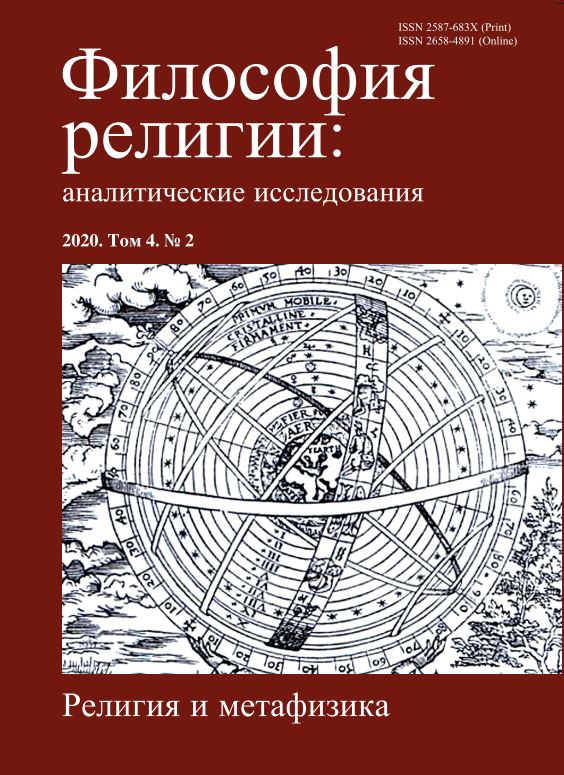The Aristotelian Paradigm of Participation in Byzantine Theology: Gregory of Nyssa on Human Nature as a Monad and Gregory of Palamas on Impossibility of Participation in the Divine Essence
DOI:
https://doi.org/10.21146/2587-683X-2020-4-2-36-58Keywords:
Gregory of Nyssa, Gregory of Palamas, Porphyry, participation, essence, hypostasis, energies, species, monad, divisibility, universals ReferencesAbstract
The article examines how the Aristotelian paradigm of participation works in Gregory of Nyssa’s and Gregory of Palamas’ teachings. Gregory of Nyssa uses this paradigm while developing his teaching on human nature as a monad in the treatise “To Ablabius” and relies in this regard on the “Isagoga” by Porphyry. This version of the Aristotelian paradigm of participation, which is present in Porphyry and Gregory of Nyssa, includes, first, the discourse of the participation of hypostases in their own essence, and, second, the discourse of divisibility of the participating whereas the participated remains indivisible. Gregory Palamas also uses the Aristotelian paradigm of participation in his argumentation on nonparticibility of the divine essence, and, as I suggest in the article, borrows it from Gregory of Nyssa. At the same time, Palamas transforms this discourse and associates the category of divisibility with the situation of participation as such, so that the participated appears divisible. This allows him to assert that in God the energies are participable and not the Divine essence.Downloads
Published
2020-12-08
Issue
Section
THE HISTORICAL PARADIGMS
How to Cite
The Aristotelian Paradigm of Participation in Byzantine Theology: Gregory of Nyssa on Human Nature as a Monad and Gregory of Palamas on Impossibility of Participation in the Divine Essence. (2020). Philosophy of Religion: Analytic Researches, 4(2), 36–58. https://doi.org/10.21146/2587-683X-2020-4-2-36-58

 This work is licensed under a
This work is licensed under a 
